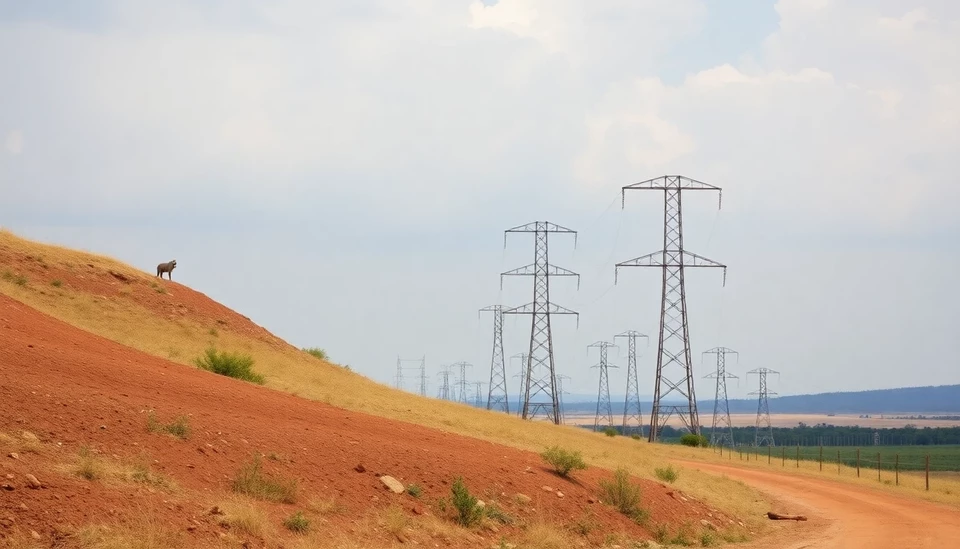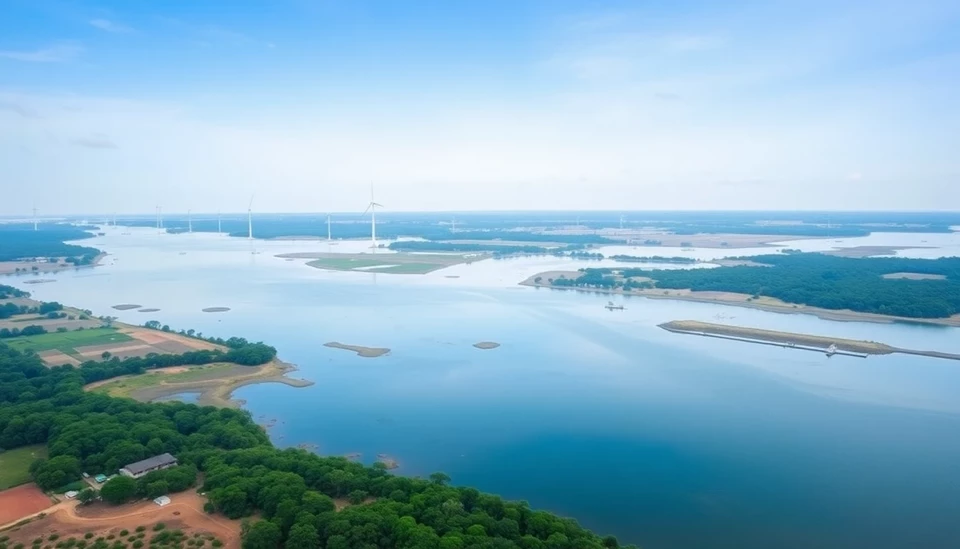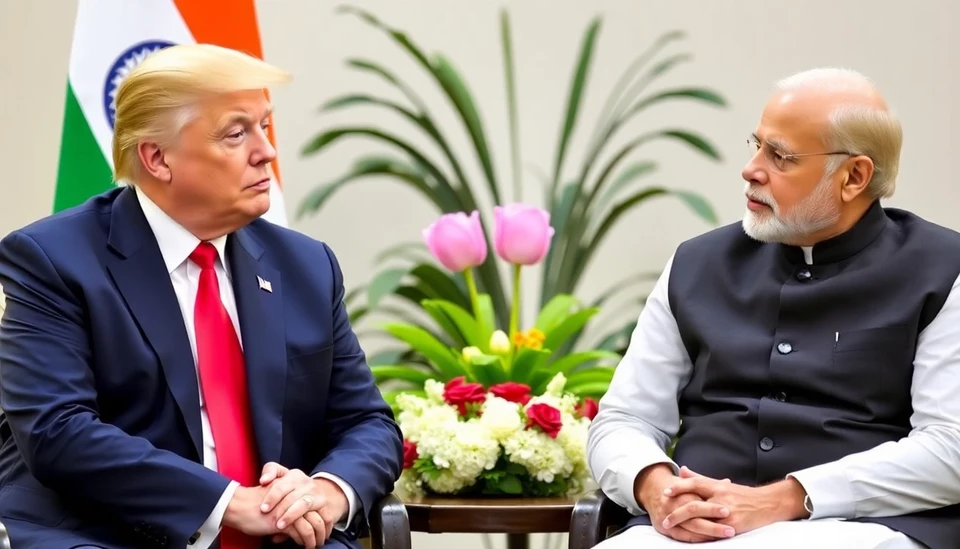
In a significant turn of events that may jeopardize India’s aspiring green credentials, the Adani Group, a major player in renewable energy, is facing serious legal challenges following an indictment. This development comes at a time when the Indian government is striving to position itself as a global leader in sustainable energy initiatives. The implications of this indictment, clouded with allegations and scrutiny, threaten not only the reputation of the Adani enterprise but also the very narrative of India's commitment to environmental sustainability.
The Adani Group, known for its vast investments in renewable energy projects, had been pivotal in India’s ambitious plans to boost its clean energy output. However, the recent legal troubles have surfaced concerns regarding corporate governance and transparency within not just the Adani Group, but potentially across other major corporations in the country. Critics argue that such scandals undermine public trust in India's ability to adhere to its environmental pledges, particularly as the nation aims to fulfill its commitments under international climate agreements.
This indictment follows a series of investigations into the Adani Group, which have raised red flags about financial practices and the authenticity of its environmental policies. The company has been accused of various illicit activities, including financial misappropriations and greenwashing, a term denoting deceptive practices of promoting an organization's environmental initiatives without substantive backing. The implications of this situation extend beyond legal repercussions; they evoke a broader debate about the integrity of corporate environmental practices in India.
As countries worldwide increasingly shift towards renewable energy sources, India’s path to becoming a green powerhouse seems fraught with challenges. With the Adani indictment making headlines, it places the government's ambitious green energy agendas under a spotlight, inviting scrutiny from both domestic and international observers. Many now question whether India can genuinely support a competitive green economy while facing such high-profile allegations.
The government must navigate these turbulent waters carefully, as the world's attention shifts towards equitable environmental practices. Maintaining investor confidence, especially from foreign entities interested in partnering with India on sustainable projects, will be crucial moving forward. Furthermore, the Indian public's perception of government accountability and corporate legitimacy will be key in mitigating the fallout from this incident.
Ultimately, the fallout from the Adani indictment could redefine India's trajectory in the renewable sector. Policymakers will face pressing questions about how to ensure that corporate growth aligns with authentic sustainable practices and whether stricter regulations are necessary to hold big companies accountable for their environmental impact. The coming weeks will be critical in determining how this situation unfolds and what it means for India's green ambitions on the global stage.
As the world watches, India must not only confront these challenges but also reaffirm its commitment to building a robust and credible sustainable future, one that champions genuine ecological stewardship over corporate interests.
#Adani #India #GreenEnergy #Sustainability #CorporateGovernance #RenewableEnergy #ClimateChange #EnvironmentalAccountability
Author: Megan Clarke




